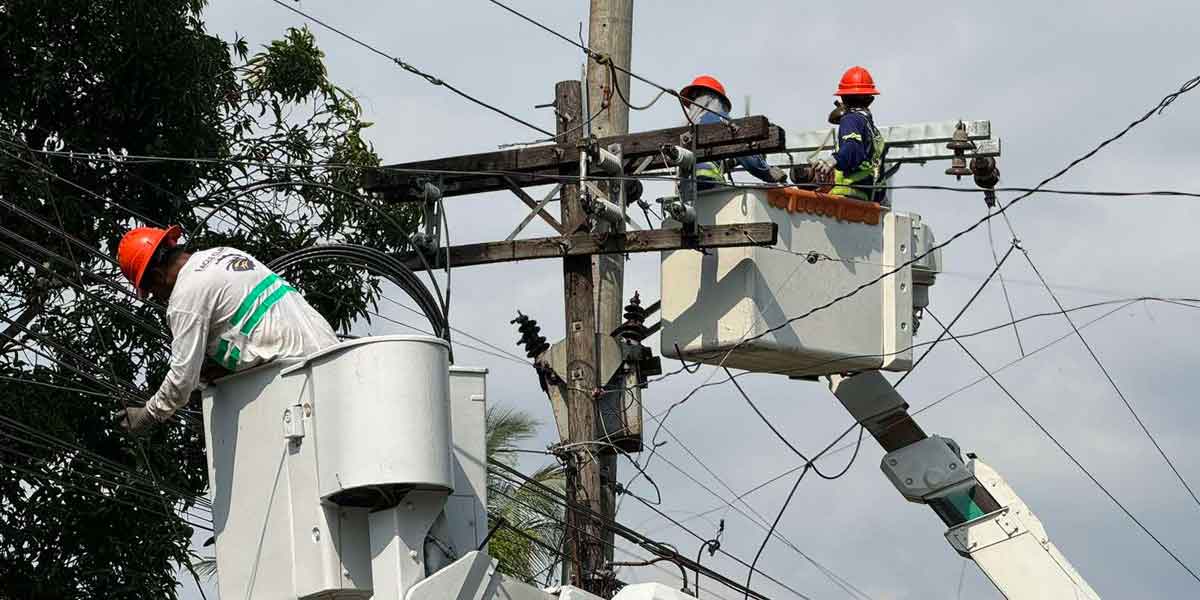 By Joshua Corcuera
By Joshua Corcuera
To attain a government for the people, power must be in the hands of the people — not in the hands of a few families.
On the last day of what has been a horrifying year, Pulse Asia released its survey findings on whom Filipinos prefer to succeed President Duterte once his term ends. The frontrunner: his daughter — Sara Duterte. Assuming this would indeed be the result of the elections come 2022, this would be worrisome for dissidents of the current regime and for Philippine democracy. The reason is simple — that the country would resemble a monarchy, where power is passed from the father to his kin. The only difference from an actual monarchy is that the masses would decide whether to allow this to happen.
This scenario, where a child of a chief executive will become president as well, is not unique. As a matter of fact, the children of two Philippine presidents — Diosdado Macapagal and Corazon Aquino — also became head of state. Only time will tell whether Sara would share a similar fate to that of Gloria and Benigno. What the recent Pulse Asia survey reveals, however, is a problem that is much more systemic and much deeper — political dynasties.
Political dynasties, in general, refer to traditional political families or the practices by such families to monopolize political power and public offices from one generation to another and treating the public elective office almost as their personal property. For a very long time, political clans are ubiquitous in our country. The Marcoses rule Ilocos, Aquinos and Cojuangcos reign in Tarlac, and the list goes on. As a feature of the Philippine political landscape, political dynasties are notorious and controversial for various reasons. Although there seems to be nothing wrong with political dynasties in principle, the contrary is true when it comes to practice.
First, political power in the Philippines is intertwined with economic power. In our country, politicians have significant control over resources within jurisdictions or bailiwicks. As a result, the concentration of political power among a few families merely benefits a narrow set of economic interests in the long run, perpetuates socio-economic inequality, and establishes a culture of dependence between those who hold power and the marginalized. This is contrary to other countries, such as South Korea, where a distinct political class of public servants — autonomous from oligarchic interests — can discipline economic elites. Curato (2012) said that, “it is not accidental that provinces with established political dynasties are also among the poorest.”
Second, the presence of dynasties in the country’s political landscape limits the potential of our politics to represent the will of the people. In some regions, there could be two candidates sharing the same surname running for one political position. Worse, there are regions where a member of a political dynasty is running unopposed. The fact that public office can be handed down from one family member to another resembles an oppressive absolutist state — in which the masses have no choice but to accept the dictates of a ruling family. Moreover, people might vote for a member of a political dynasty simply because of the family name and not digging deeper with qualifications like education and experience. Ultimately, more qualified people for the post would be rejected in favor of persons hailing from political clans.
Given the impacts of political dynasties on the economy and democracy, various actions can be initiated to alleviate the impact of a few families on our national and regional politics. To strengthen spaces where the masses can organize and secure meaningful political participation is one way to do so. Since traditional politics is overcrowded with dynasties, imposing a political process filled with people independent of traditional politics can help ordinary people to have a voice in public service. This practice of democracy involves various non-government organizations, social movements, and new political parties, that oppose elite politics and could result in new politics wherein the power of political dynasties could be minimized. From a historical perspective, bottom-up struggles for certain causes like justice, freedom, and transparency have shaped Philippine society as ordinary people in the past managed to do so making this idea somehow possible.
When the 2022 elections imminently draw near, discussing political dynasties would be essential among those vying for power and the electorate. Whether political families would represent the will of the people or merely satisfy their interests, voters — especially new ones — must be aware of the country’s history with such dynasties. At the end of the day, we must be reminded that the Philippines is supposed to be a democracy, neither an autocracy nor an oligarchy where power revolves in the hands of one person and a small group of people.




















